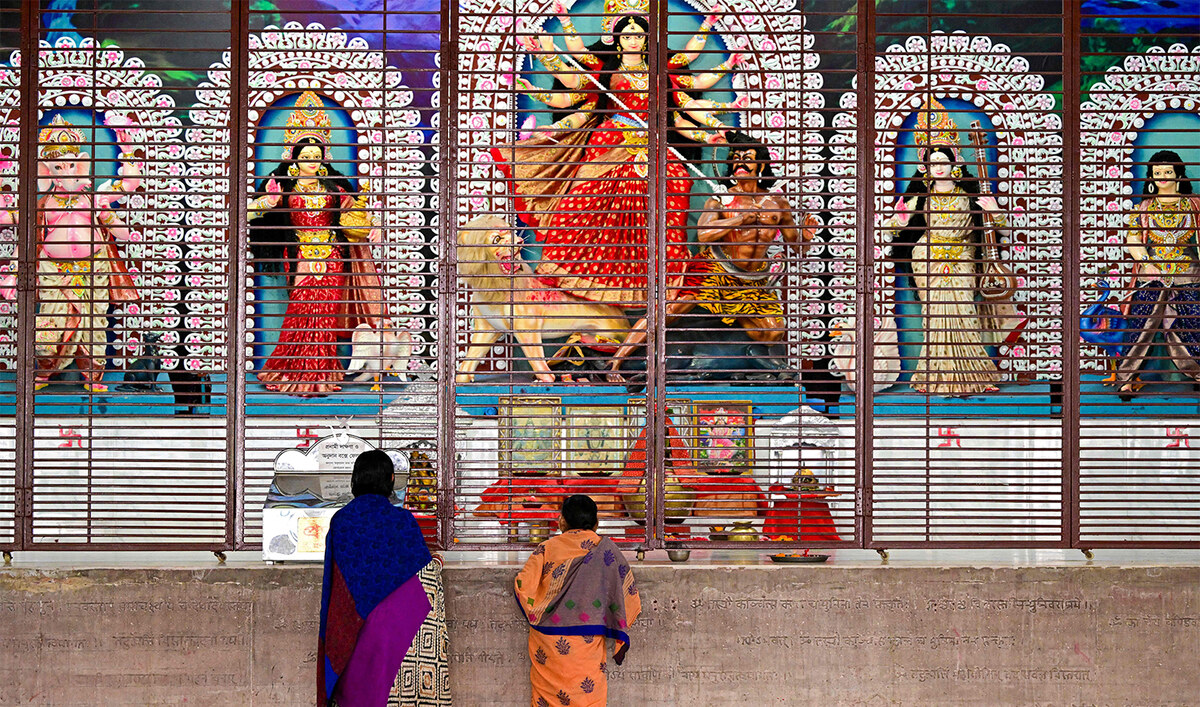LONDON: European NGOs have decried the “double standards” of global media attention given to the Bayesian superyacht tragedy compared to refugee ship rescue attempts.
The luxury vessel was hit by a violent storm off the Sicilian coast on Aug. 19, resulting in the deaths of seven people, including British tech magnate Mike Lynch.
The incident received worldwide media coverage and significant resources were given to rescue efforts.
But NGOs have told The Guardian of a “jarring contrast” between attention given to the Bayesian story and those of regular refugee boat disasters.
Sea-Eye, a German humanitarian organization, said in a statement: “For us, every death in the Mediterranean is one too many, no matter where they come from or how much money they make.”
The organization’s most recent mission involved the rescue of 262 people. “Sadly, it makes a difference in the media, in our society and in politics, who is drowning,” Sea-Eye told The Guardian.
“We have noticed that the coverage of the situation in the Mediterranean, of tragedies or of our rescues in recent months has not been nearly as extensive as in the case of the Sicilian shipwreck in recent days.”
As well as receiving inadequate support, NGOs tasked with rescue efforts in the Mediterranean face lengthy legal battles and threats, the Council of Europe’s human rights commissioner warned earlier this year.
Sea-Watch, another German NGO, said a distress call warning of a fast-sinking dinghy days after the Bayesian tragedy was ignored. The vessel was carrying 43 people, including four children.
As the dinghy began to take on water, 12 people jumped overboard in an attempt to reduce weight, and were “struggling to stay afloat.”
The dinghy and its passengers were ignored by authorities for more than 24 hours despite regular distress calls.
It took an NGO vessel arriving “just in time” to rescue the passengers, Sea-Watch said, adding: “For the Italian and European authorities, there are Shipwrecks and then there are shipwrecks, one capitalised and the other lowercase, one immediately rescued and the other abandoned to its fate.”
Luca Casarini, a founder of the Mediterranea Saving Humans NGO, told The Guardian that it is “not wrong to intervene to save rich individuals aboard yachts or tourists.”
However, he added: “What is wrong is the inconsistency in applying these rescue strategies to save migrants in need.”


























